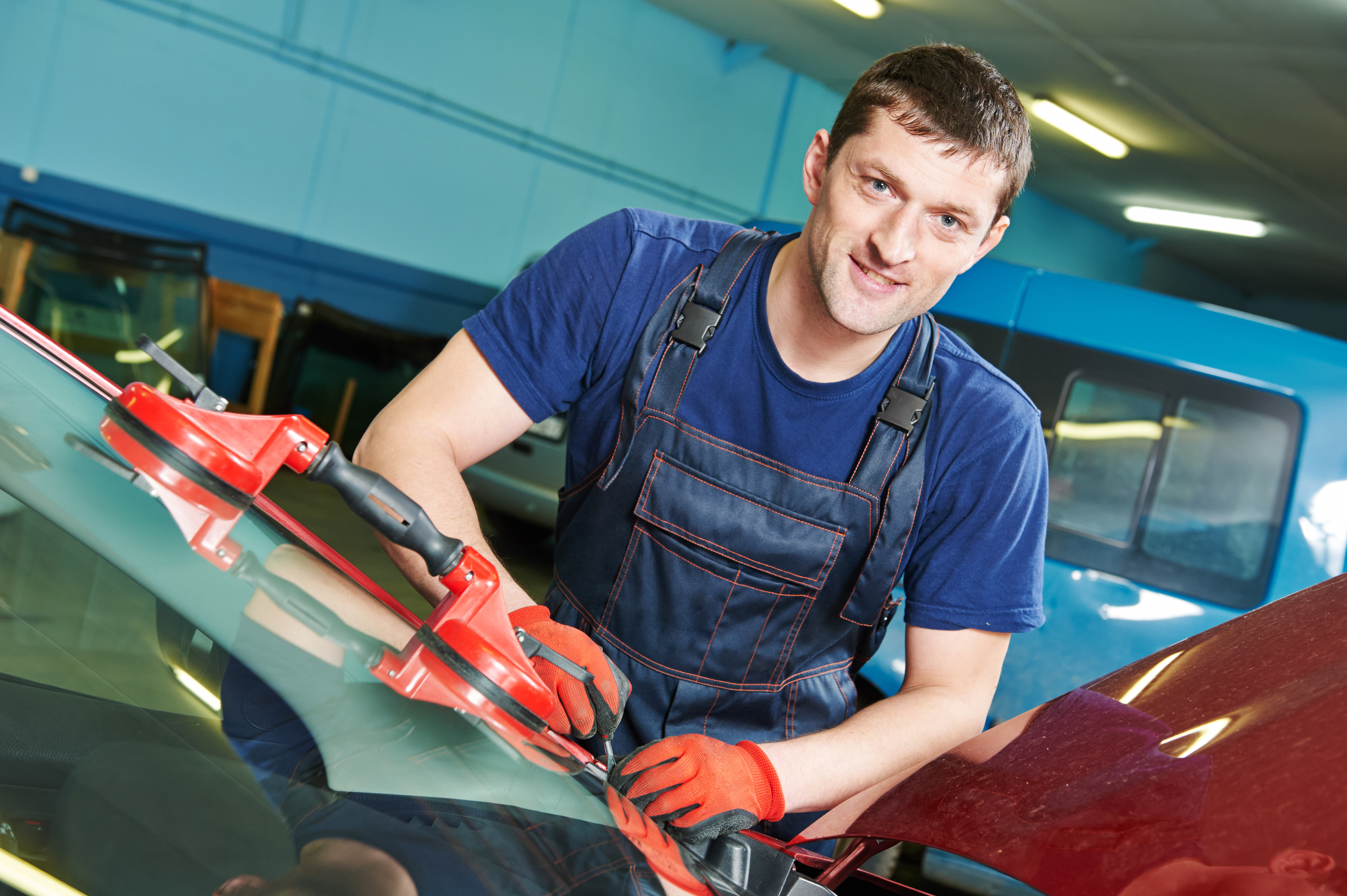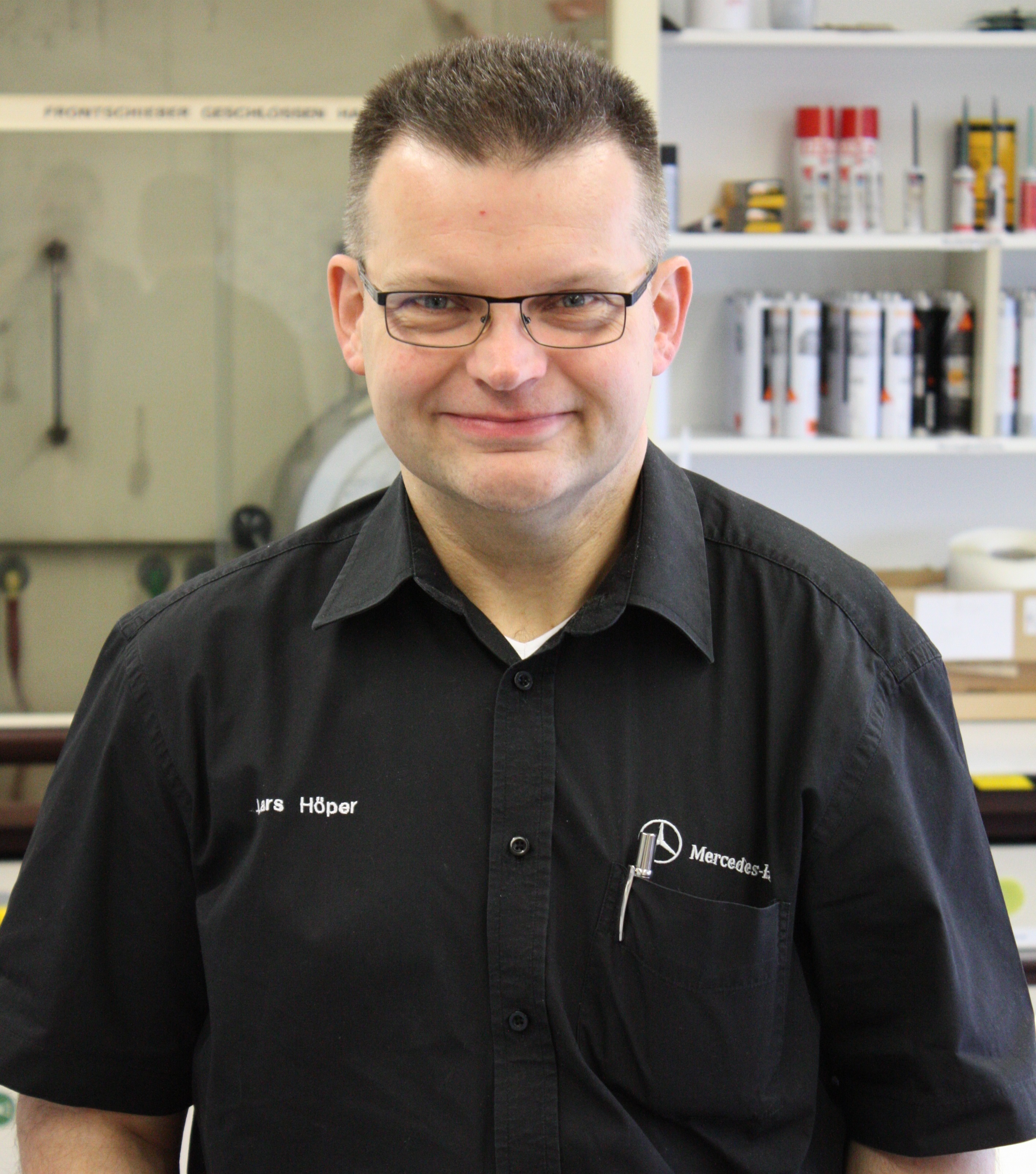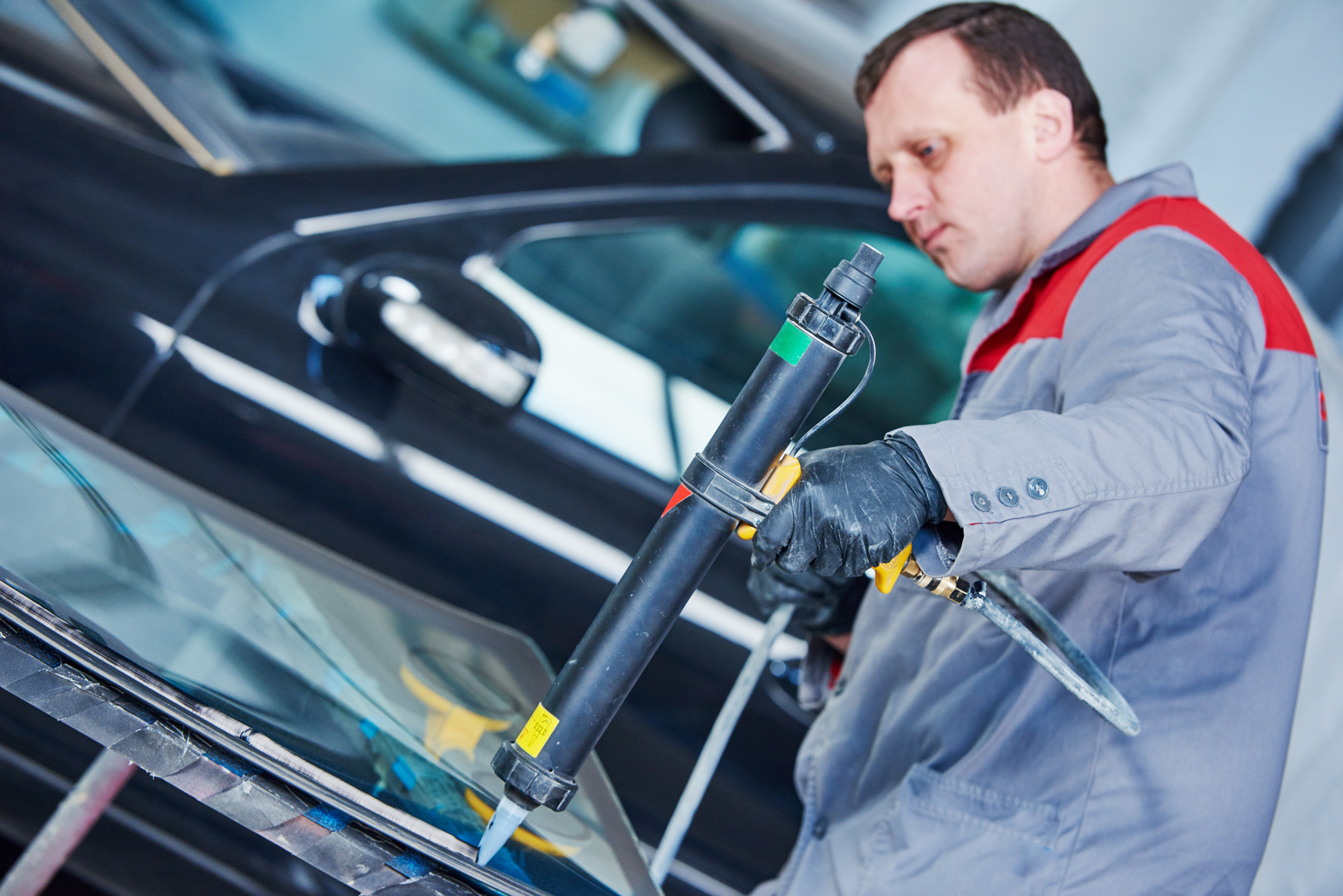"Enjoy your bonding!", says Dr. Lars Höper to his colleagues before they return to their workplaces at the end of the in-company training course given by Fraunhofer IFAM. "Adhesive bonding is not new to the automotive industry – it has been used there for a long time", explains Dr. Höper. This was the reason for establishing the Center of Competence - Adhesive Bonding (in short CoC-AB) some time ago. At Werk Bremen adhesive is applied to many places on cars with the help of more than 340 production units. And regardless whether for the bodywork or for assembly, the employees of CoC-AB are responsible for adhesive being applied and cured correctly. Only adhesive systems approved and released by CoC-AB are used in practice, in line with the Daimler motto: "Either the best or not at all". If there any shortcomings or issues then CoC-AB, working with the suppliers, immediately rectifies the situation. Sometimes clear announcements or immediate audits are necessary. This is because time is money. It is vital therefore that any process or material shortcomings are recognized at an early stage. And this is only possible if the plant personnel and other production line workers know what to be on the lookout for. Against this background, Dr. Höper conceived and set up an in-company training program in collaboration with the Workforce Training department at Fraunhofer IFAM in Bremen. This was not a new experience for Fraunhofer IFAM – because ever more often they are giving training courses away from the institute.
Learning in the production hall
Daimler experts and Fraunhofer IFAM evaluated the training needs and developed a customized training program for the production employees. The Fraunhofer trainers, including Dr. Heiko Bauknecht, also had to adjust to the unusual training venue: Unlike the courses held at Fraunhofer IFAM the training venue at Mercedes-Benz Werk Bremen was a production site. Carrying out a training course in a production location is very different and there can be interruptions. "If there is a problem with the production, then the course participants have to quickly leave to rectify the situation. The production takes priority at all times", stresses Dr. Bauknecht.
Immediate application of the acquired knowledge
Besides giving the training courses at a production site, psychological aspects also play a role. The establishment of CoC-Kleben at Werk Bremen is an admission of the company that quality assurance in the area of adhesive bonding has high priority. "The acceptance of and motivation for training courses often depends on the company management", says Dr. Heiko Bauknecht, project leader in the Workforce Training department at Fraunhofer IFAM and somebody who has worked with many companies, both large and small. Furthermore, a production environment is advantageous for implementation of the acquired knowledge: "The workers can directly relate this knowledge to their everyday activities". The joint input of industry and Fraunhofer is also greatly valued by Werk Bremen, whether this be chats in the corridor between the workshops or during the course sessions with the Fraunhofer IFAM experts: Real-life issues and questions can be directly aired and discussed.


